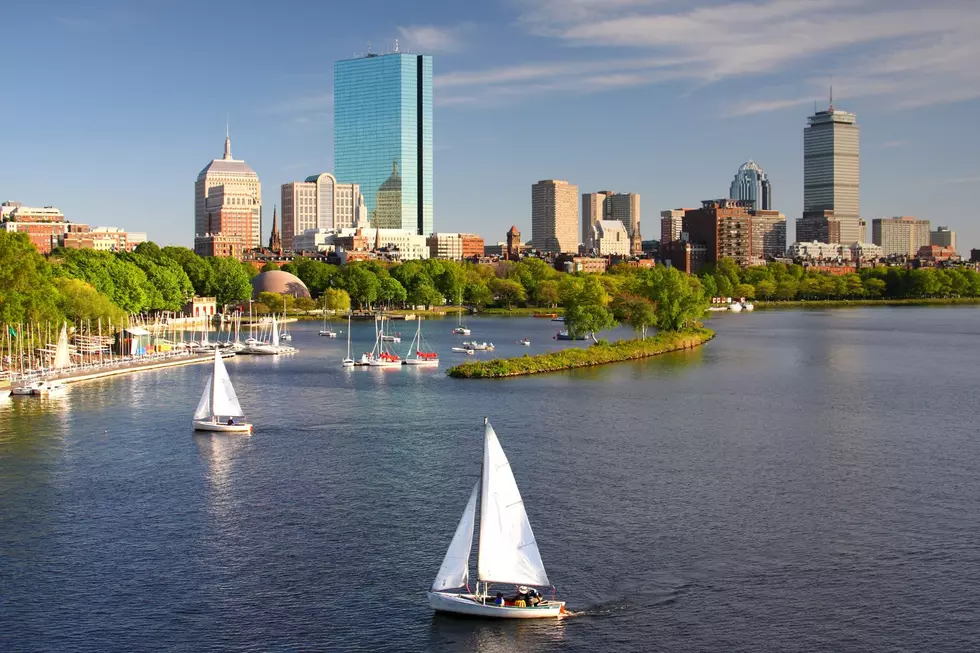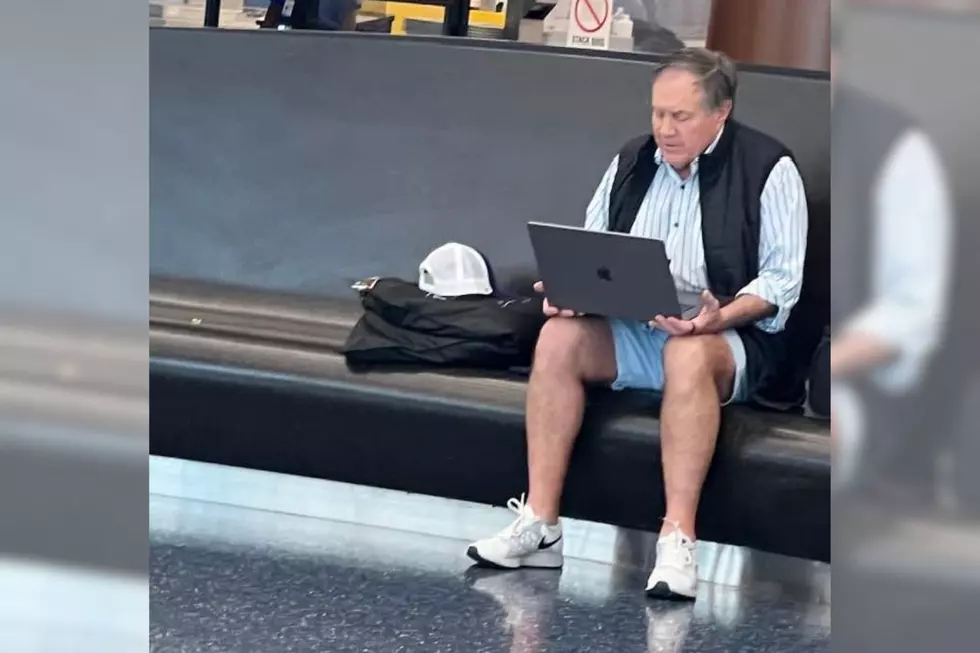
OPINION | Chris McCarthy: Marijuana Licenses Are a Public Asset
Massachusetts will soon start issuing licenses for businesses to sell marijuana to the public the way liquor stores sell alcohol. That asset is public property.
A license to sell alcohol in Massachusetts is given by the state and the local licensing authority. The business pays a small fee to the community for the license. The license allows the business to sell a product--alcohol, in this case--that most are forbidden by law to sell. Local and state government handles the regulation and enforcement of the monopoly, and all of the problems associated with the consumption of the product.
The license to sell alcohol is a creation of the people, and the government created by the people. It only has value because the people's government created it and enforces the privileges that come with it.
The city of Boston charges between $1,700 and $2,800 for the different types of liquor licenses it offers. However, the true cost of a liquor license is hundreds of thousands of dollars, according to 2011 figures. The license, while a creature of the government, has become a private asset that is sold by the holder to the next holder in a private auction. The government license brings the private owner a handsome profit, and the buyer is happy to pay because they will repeat the process later and make a profit off the license, too. In the meantime, they can use the license as collateral for loans and inventory to run the business. The situation in Boston is the same across the Commonwealth.
It may be too far down the road to rehabilitate the public's financial interest in the industry of licensing alcohol sales in Massachusetts.
However, it is the perfect time to secure the public's financial interest in the sale and transfer of marijuana licenses.
Licenses to sell alcohol and marijuana have a value in the marketplace. A business that sells alcohol or marijuana only has legitimate value if it possesses a government license. The true asset of the business is the license and only the license.
Unlike alcohol licenses, marijuana licenses should automatically revert back to the municipality instead of being transferred to new owners. The local government should utilize the broker and auction system that has developed around liquor licenses for the good of their community. The person buying the business from the new owner can bid for the license along with any other entity that wants to compete for the privilege. That is the scenario today with liquor licenses, except the public is locked out of the profit from the sale of their asset.
Massachusetts should learn from its history and capitalize on a public asset rather than let a few profit from the many.
Chris McCarthy is the host of The Chris McCarthy Show on 1420 WBSM New Bedford. He can be heard weekdays from 10 a.m. to noon. Contact him at chris.mccarthy@townsquaremedia.com and follow him on Twitter @Chris_topher_Mc. The opinions expressed in this commentary are solely those of the author.
More From WBSM-AM/AM 1420









